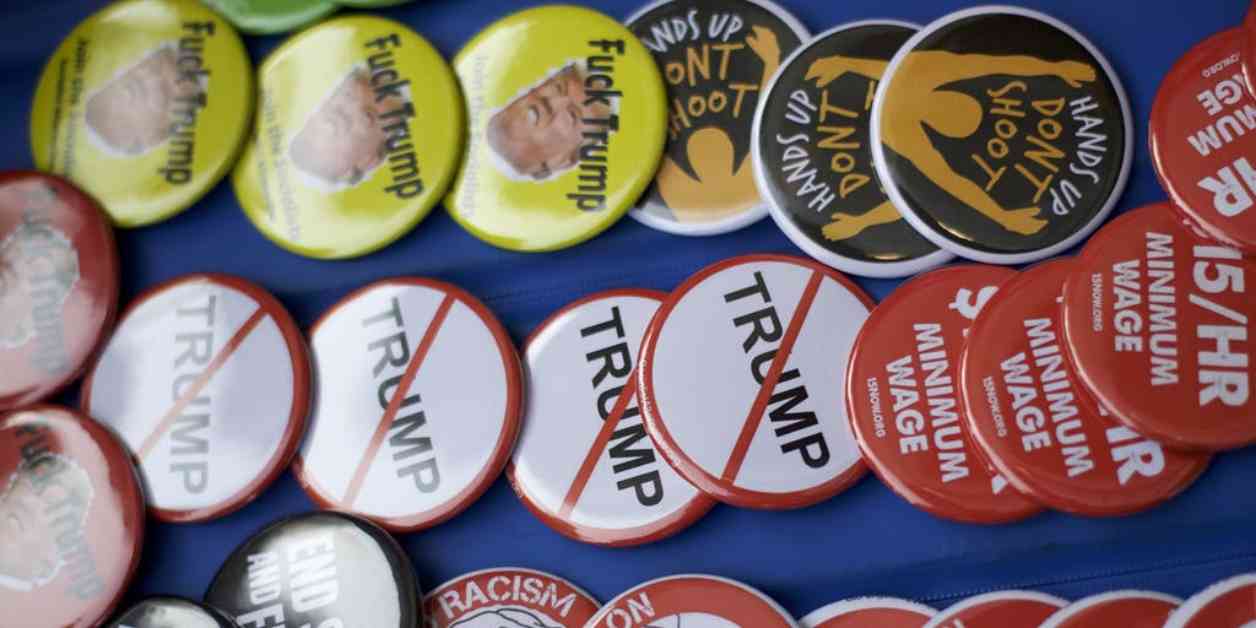Conservative political experts believe that President-elect Trump’s clear victory in the recent election is the main reason why anti-Trump protests have been relatively subdued compared to the response in 2016. While there have been some protests across the country since the election, they have not been solely focused on Trump, and the turnout has not been as significant as in 2016 when thousands took to the streets after Trump’s victory over Hillary Clinton.
In places like Seattle and Chicago, recent protests have been more focused on issues such as the war in Gaza rather than solely on Trump’s win. This shift in focus has led to a quieter response overall. Daily Wire reporter Kassy Akiva noted the lack of major protests being planned in the aftermath of the election, indicating a more subdued atmosphere compared to previous years.
Political science professor Darel Paul observed that there were no demonstrations or collective mourning at Williams College following the election, suggesting a lack of widespread protest activity. The more muted response this time around could be attributed to Trump’s more decisive victory and his popular vote win, which has led to a less contentious transition of power.
While some experts, like Mike Gonzalez of the Heritage Foundation, acknowledge the lighter protest response to Trump’s victory, they caution that the situation could change once Trump begins enacting policy changes. Gonzalez pointed out that while the level of protest may be lower now, there is a possibility that opposition to Trump’s policies could spark a more significant response in the future.
Former special education teacher Aron Boxer, who describes himself as a moderate conservative, agrees that protests could intensify down the line. He highlighted the inflammatory rhetoric from certain political figures like Adam Kinzinger, Letitia James, Gavin Newsom, and Kamala Harris, suggesting that their words could be interpreted as encouraging public dissent.
Overall, the response to Trump’s victory has been notably quieter compared to 2016, with protests focusing on a wider range of issues rather than solely on the election outcome. However, experts warn that this subdued atmosphere could change as Trump’s administration takes shape and begins implementing policies that may spark more widespread opposition. As the political landscape continues to evolve, it remains to be seen whether the level of protest will increase in the coming months.




